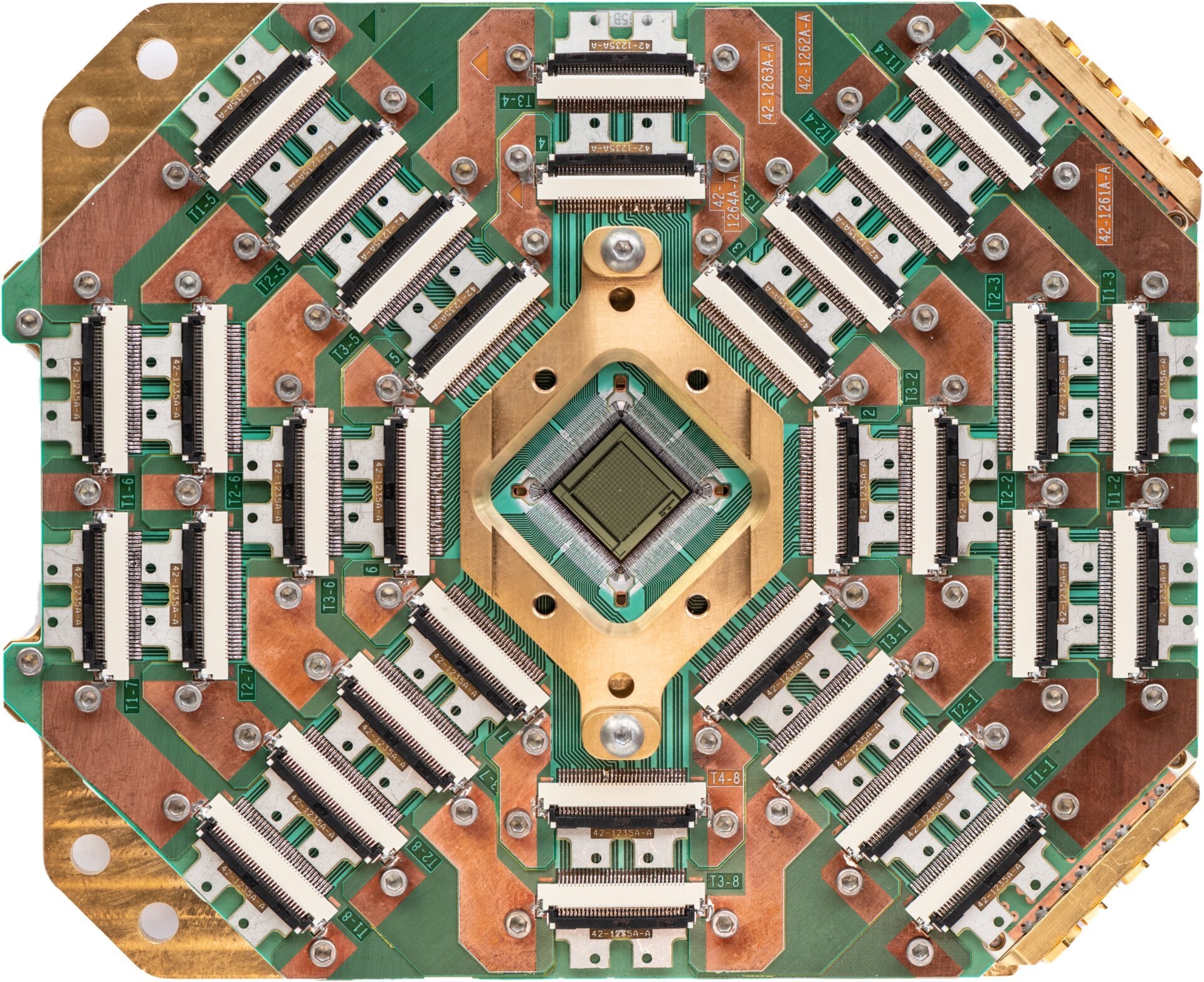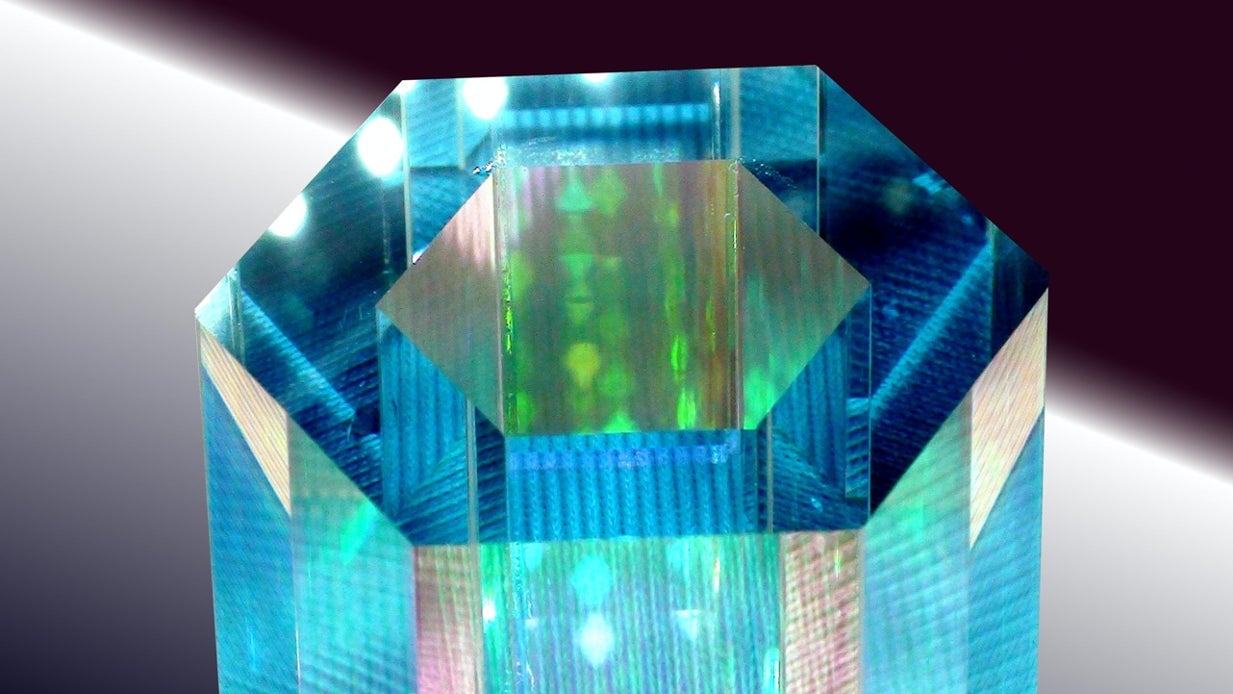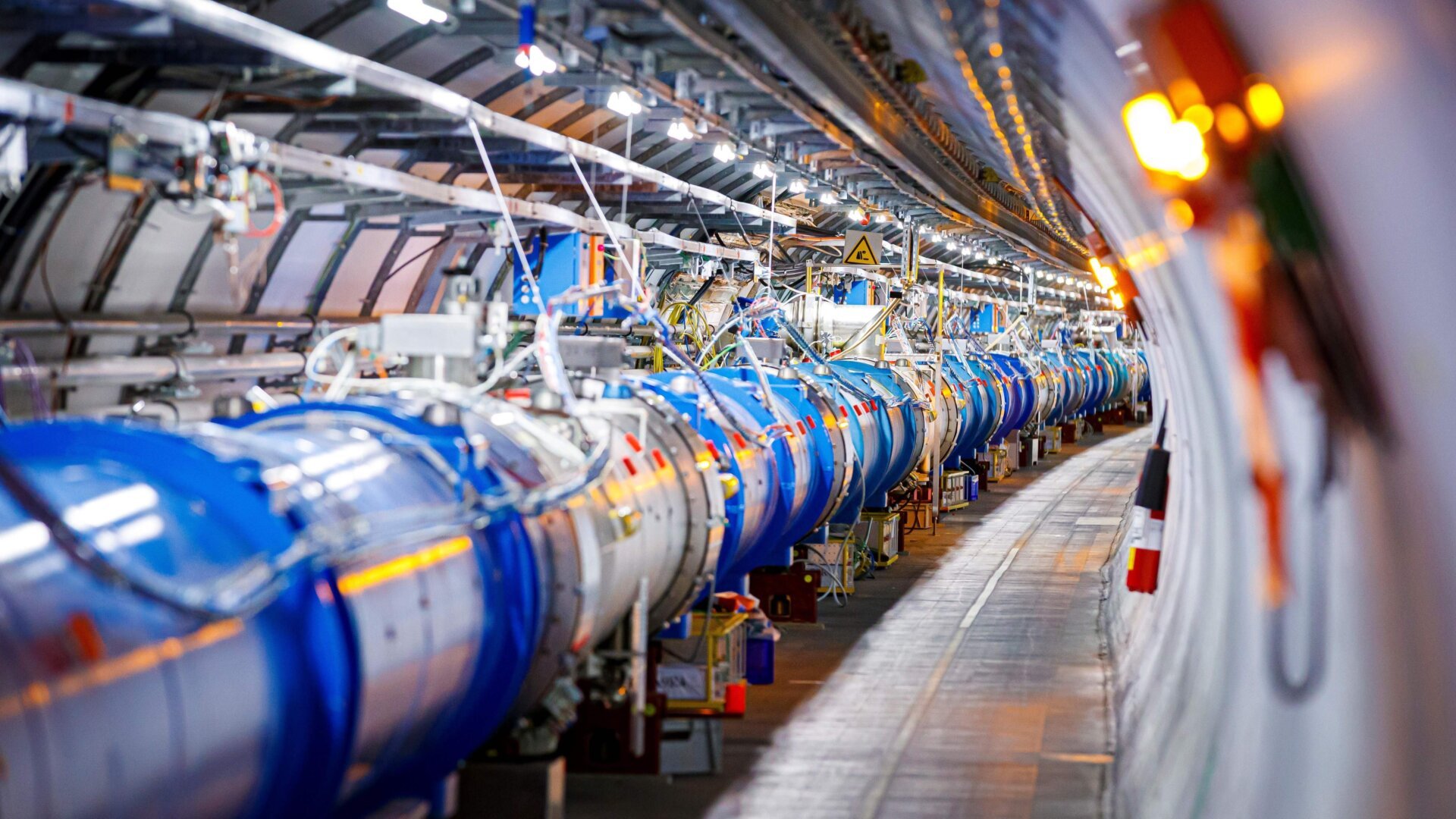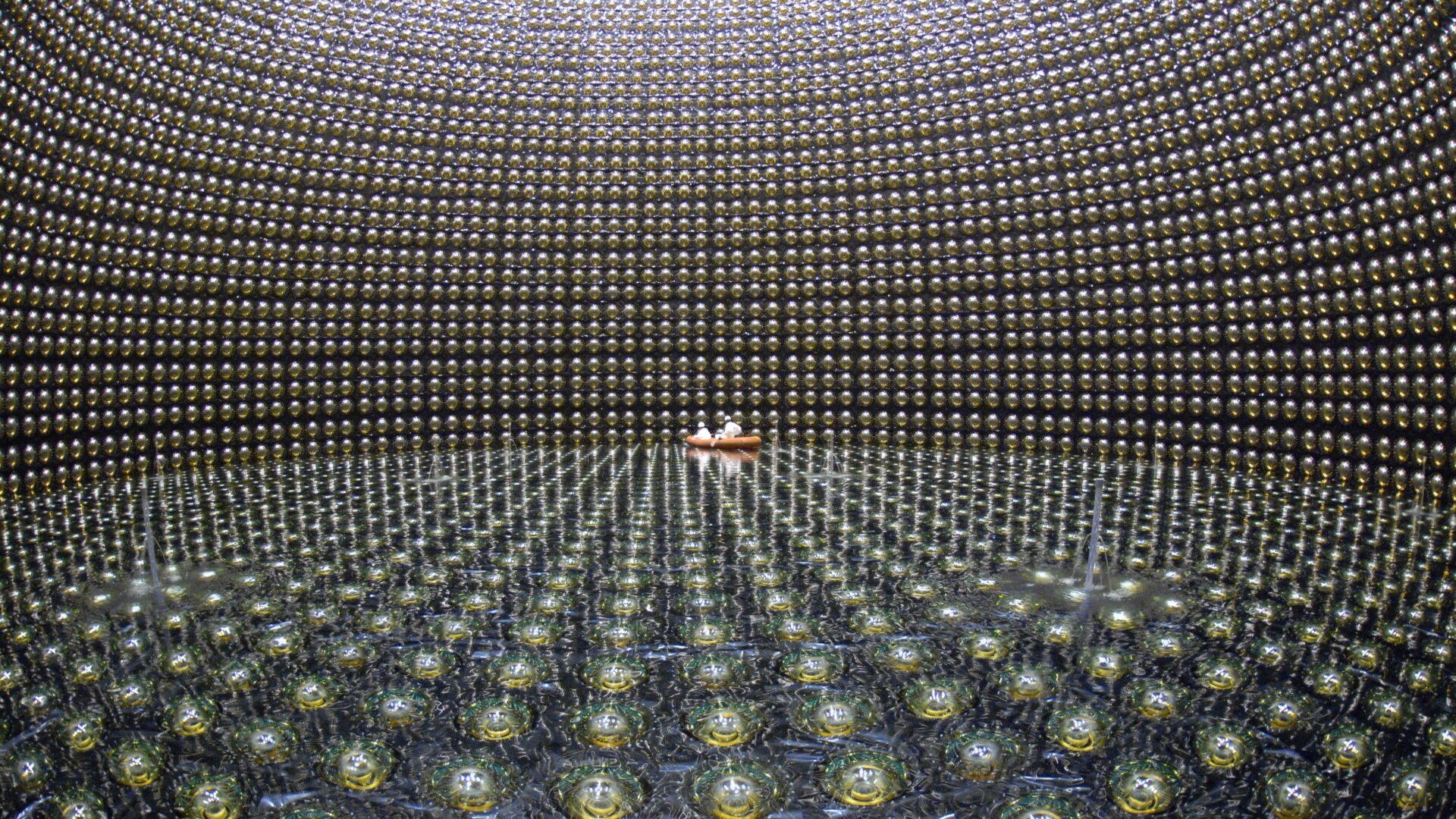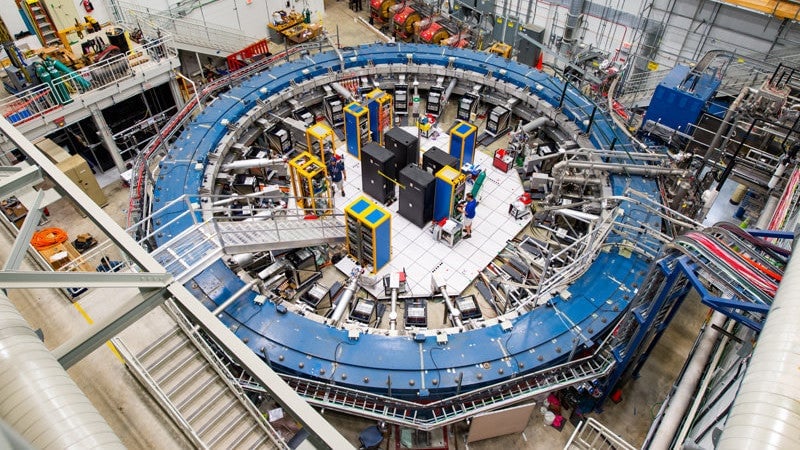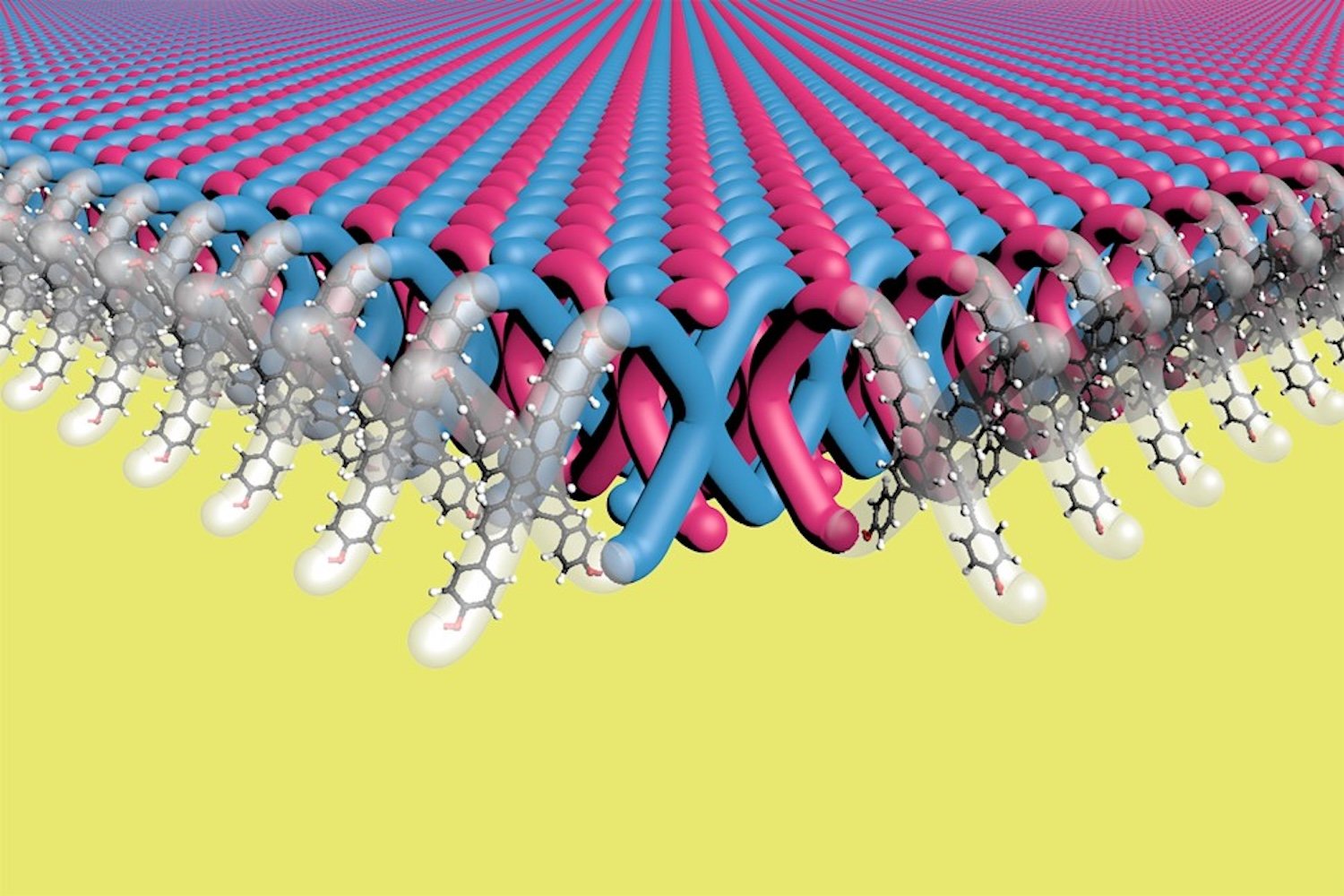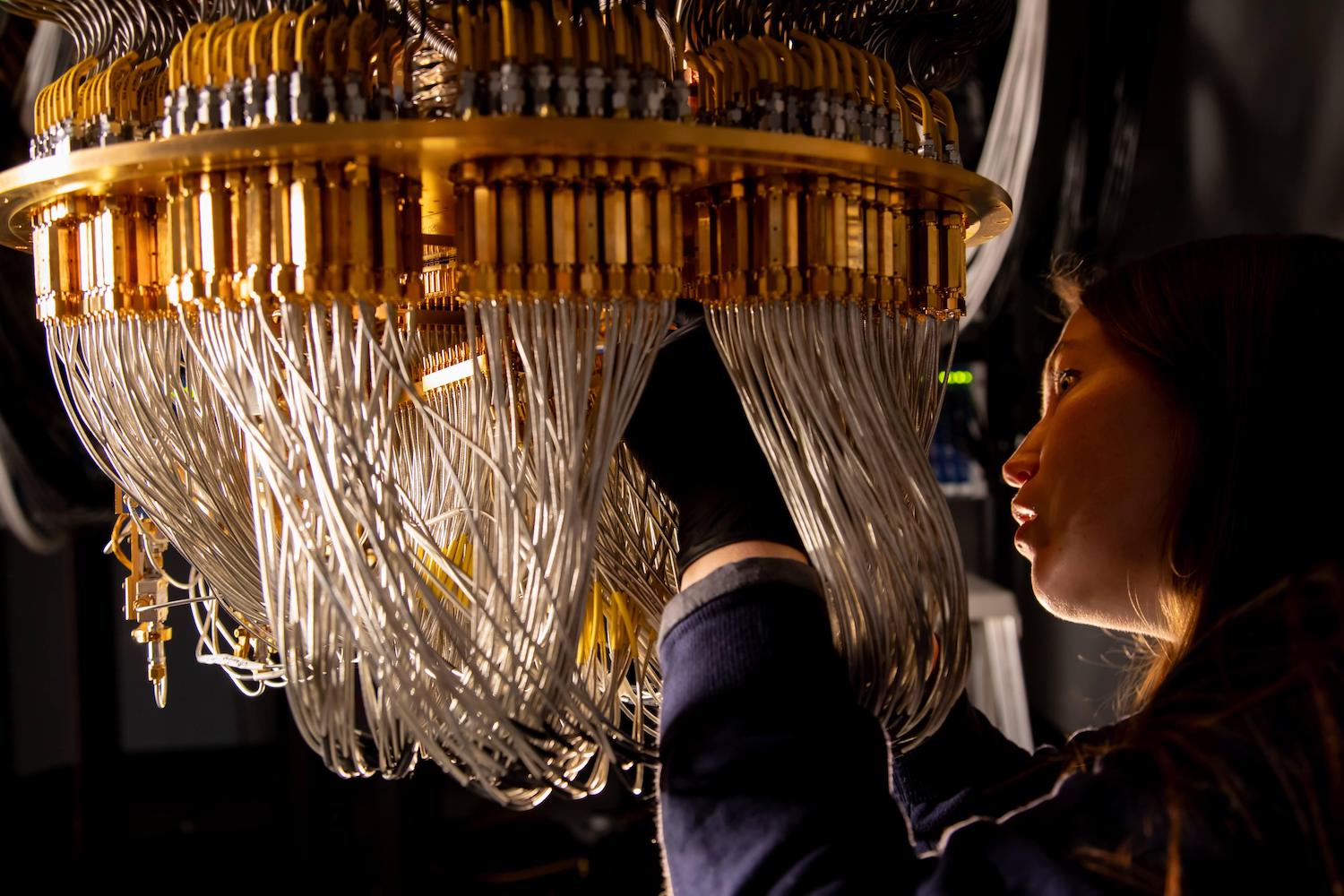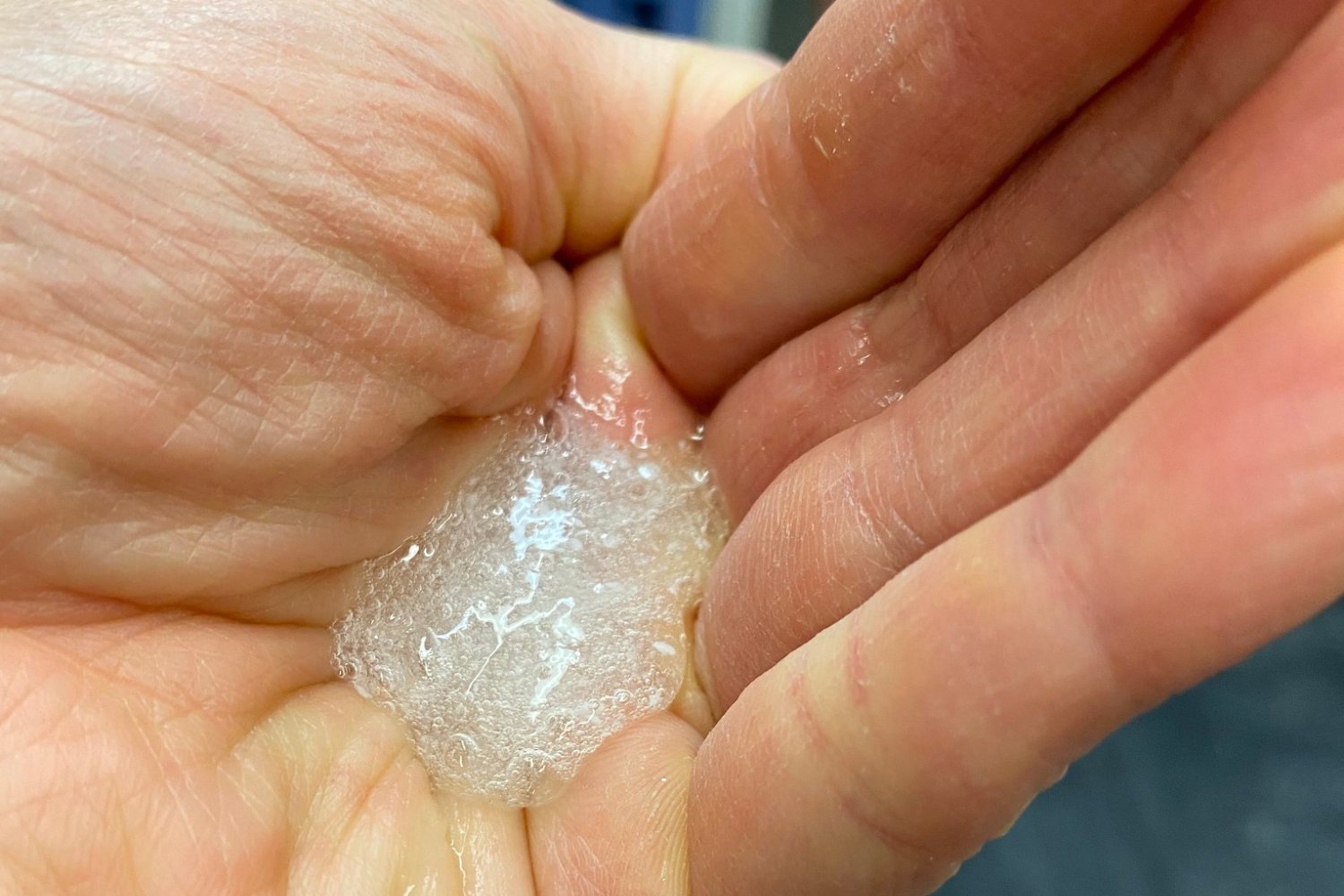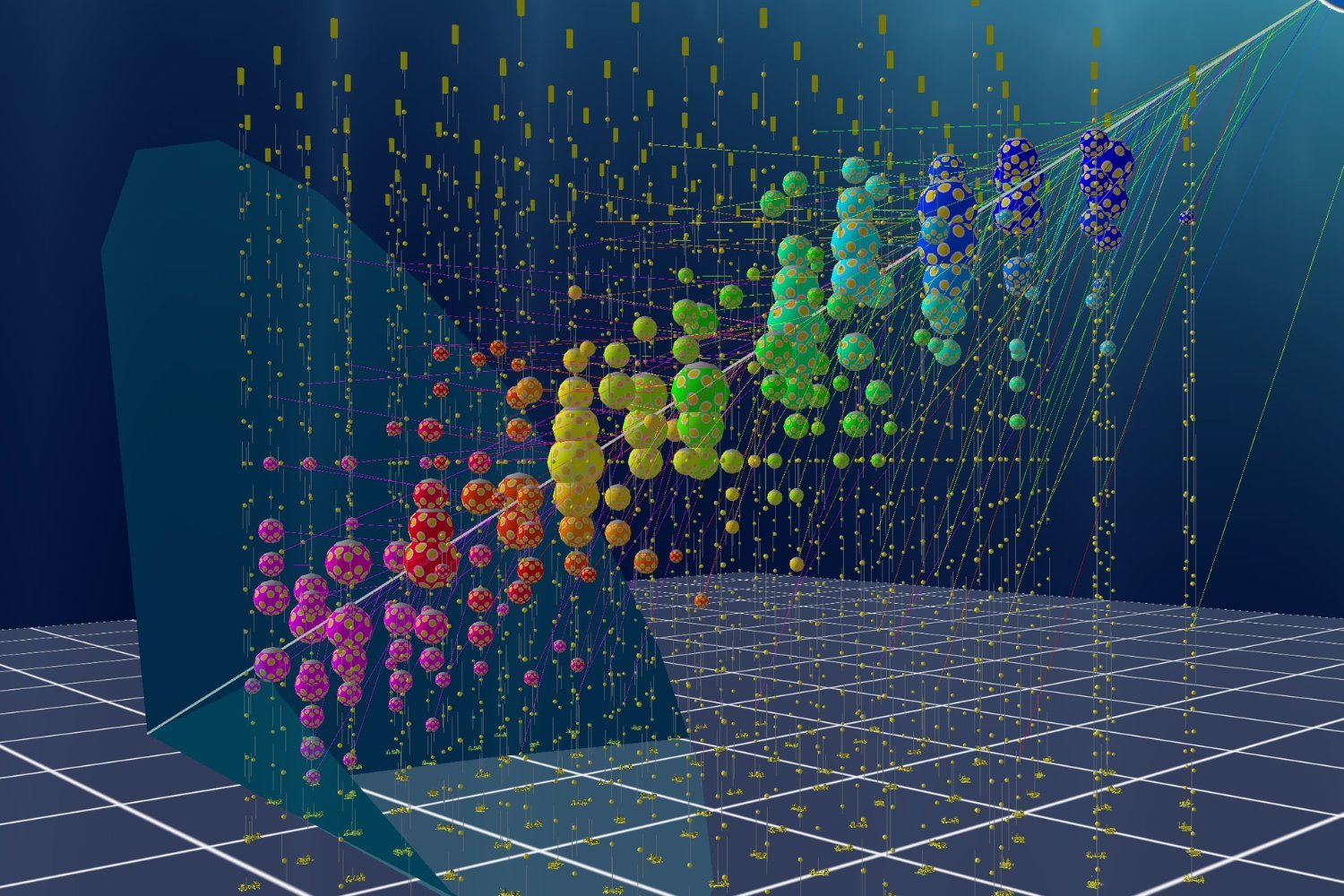Quantum computing promises faster solutions to complex problems, but current devices are still in their early stages. D-Wave, a Canadian company, has just unveiled its fifth-generation quantum computer, Advantage, offering businesses access via the cloud. This new system boasts 5,000 qubits, a significant upgrade from its predecessor, the 2000Q.
Advantage: Designed for Optimization
D-Wave developed Advantage based on feedback from its users, including Volkswagen, Menten AI, and Save-On-Foods. Their goal is to identify practical applications for quantum computing in a business setting. D-Wave’s machines specialize in optimization problems, such as Volkswagen’s use case of minimizing paint waste during color changes in car manufacturing.
5,000 Qubits and Enhanced Connectivity
Advantage utilizes 5,000 niobium circuits, cooled to near absolute zero, to function as qubits. Each qubit can represent 1, 0, or a superposition of both, thanks to its quantum mechanical properties. The system manipulates these qubits to perform calculations. The substantial increase in qubits from the previous 2000Q model allows Advantage to handle more complex problems with more variables. Furthermore, each qubit now connects to 15 others, up from six in earlier models. This enhanced connectivity allows for more efficient problem-solving and reduces error likelihood. Access to Advantage is provided through D-Wave’s cloud service, Leap.
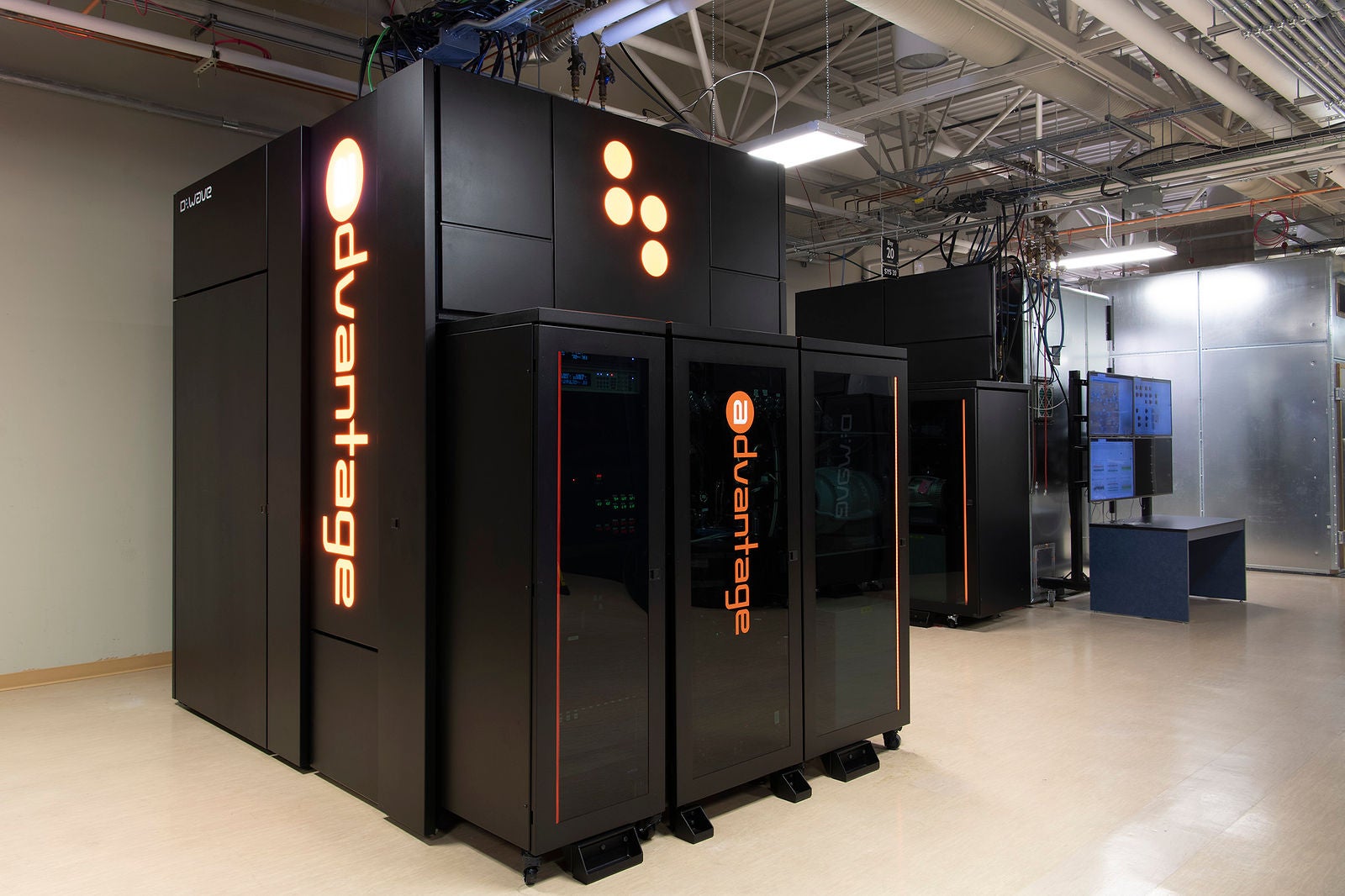 The Advantage systemD-Wave’s Advantage quantum computer. Photo: D-Wave
The Advantage systemD-Wave’s Advantage quantum computer. Photo: D-Wave
Quantum Annealing: A Different Approach
D-Wave’s Advantage is a quantum annealer, a different approach from the gate-model quantum computers developed by companies like Google and IBM. Gate-model computers actively modify each qubit step-by-step, similar to traditional computer programming. Annealers, on the other hand, place qubits in a controlled environment, lower the temperature, and allow the circuits to passively adjust their values. While the qubit count of 5,000 for Advantage might seem to dwarf the sub-100 qubit counts of competitors, direct comparisons are misleading due to these fundamental differences in operation. The type of control exerted over the qubits is just as critical as the quantity.
The Mystery of Quantum Annealing
The precise mechanisms by which D-Wave’s qubits arrive at solutions are still not fully understood, even within D-Wave itself. Their operation at relatively higher temperatures compared to other quantum phenomena makes them difficult to study. Consequently, it’s uncertain whether quantum annealers can achieve the exponential speedup, or “quantum advantage,” predicted by theory.
Focusing on Customer Advantage
While “quantum advantage” remains a question mark, it doesn’t negate the potential commercial value of quantum annealing. Even if these devices function similarly to classical computers, they may still offer performance advantages. D-Wave also develops hybrid algorithms that combine their quantum annealer with classical computing for practical applications. Moreover, D-Wave’s advancements in controlling thousands of cryogenically cooled components could contribute to improvements in gate-model quantum computing hardware. D-Wave’s current focus isn’t solely on achieving “quantum advantage,” but rather on delivering “customer advantage” by providing solutions that are easier, faster, and/or less expensive to implement.
The Future of Quantum Computing at D-Wave
D-Wave’s ultimate goal aligns with the industry’s: developing a universal quantum computer capable of tackling a wide range of problems. While this ambition is likely a decade or more away, D-Wave is actively exploring niche applications for its quantum computers in the meantime. Their pursuit of “customer advantage” today may pave the way for more significant breakthroughs in the future.



